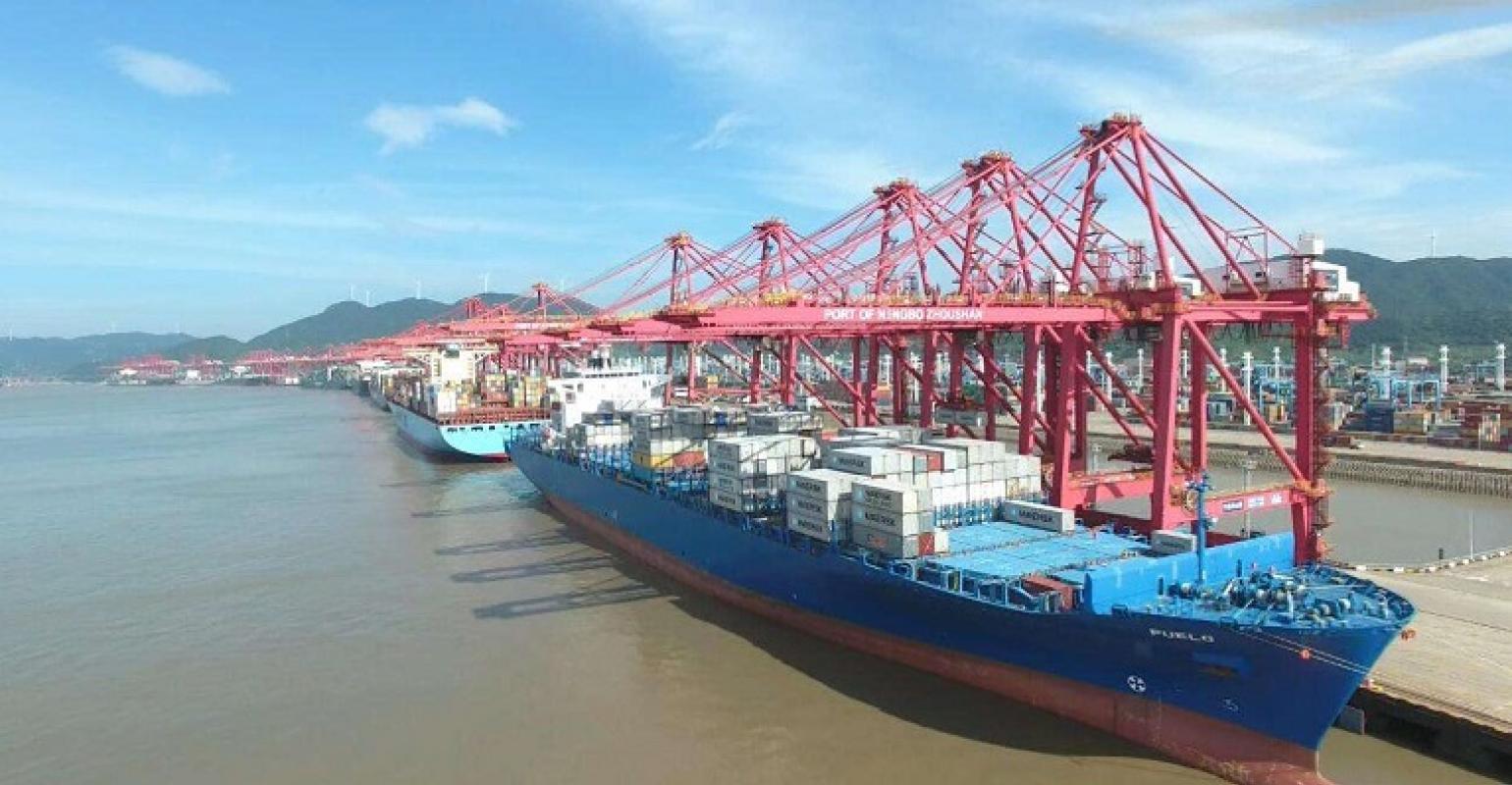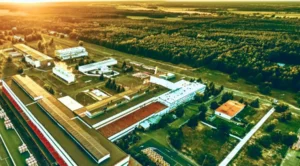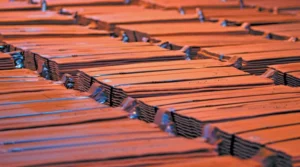At the Sejm Committee on Maritime Economy and Inland Navigation on Thursday, the Deputy Minister of Infrastructure Arkadiusz Marchewka clearly and unequivocally declared that the container port in Świnoujście would be built. The politician from the Civic Coalition pointed out several times that this was a project of strategic importance for Poland.
Stanisław Iwan, a member of the supervisory board delegated to temporarily perform the functions of President of the Management Board of the Szczecin and Świnoujście Seaports Management Board, also arrived in Warsaw for the commission’s deliberations. Iwan presented the container port project, which did not differ in general from the assumptions of his predecessors, but was supplemented by two interesting arguments in favor of the implementation of this project.
Until now, the aspect of container transport leading to the Oder River via a waterway has been particularly in the spotlight, although this is now one of several possibilities. Iwan presented the role of the port in Świnoujście as geographically ideally located for transshipment of goods.
As part of the project, the largest container ships in the world will be able to travel to Świnoujście through the Danish Strait and reload their cargo to smaller vessels that will carry it to other ports on the Baltic. In this way, the Port of Świnoujście could serve as a hub that simultaneously attracts ocean vessels from around the world and offers transport of goods between Baltic ports.
The ideal geographical location of Świnoujście in the western part of the Baltic Sea, is one thing, the second aspect is purely economic. Ships entering the Baltic from the North Sea, heading immediately to Świnoujście, will save up to 24 hours, transshipping goods in Świnoujście and immediately turning back. In logistical terms, this will result in a particular profitability of Świnoujście compared to other Baltic ports. In this way, Świnoujście may gain up to 60 percent of the transhipment. The rest of the containers will reach there by rail, road and river transport.
The direct connection of the port with the local road and rail infrastructure is now approved. At the same time, the parties agree that in the current plan for the expansion of railway and road infrastructure, the issue of Świnoujście must be given a higher priority. This is particularly important to raise additional funds.
The Committee on Maritime Affairs and Inland Navigation also discussed the needs of the local community. The issue was raised by the representative of the president of the city of Świnoujście, who stressed that the residents of the city want to be able to use the beaches on the right bank of Świnoujście, where a port will be built on the coast. The representative of the president of Świnoujście drew attention to the fact that most of the residents of the city get by on tourism and their special needs should be taken into account, which, in his opinion, has not happened so far.
There were also critical voices, as mentioned by port affairs expert Rafał Zahorski. According to him, the project has no chance to develop without investment in railway, intermodal infrastructure and without cooperation with the German side. Zahorski gave the example of the German port of JadeWeser in Wilhelmshaven (North-West Germany), where, despite large expenditure, transshipments do not meet expectations.
Zahorski’s argument resembles Maciej Brzoskowski’s widely discussed statement to the Rzeczpospolita newspaper a few weeks earlier. Brzoskowski, who is employed by the port of Hamburg in Warsaw, warned against the lack of realistic conditions for the project in Świnoujście. According to him, the project will be unprofitable because not enough container ships will reach Świnoujście.
At the meeting the experts, including Deputy Minister Marchewka and Stanisław Iwan defended the project, recalling that a similar situation was in Gdańsk, where the port was built first, and the infrastructure for transporting containers from the interior of the country was added later on. Gdańsk is currently one of the top ten container ports in the European Union.
Aleksandra Fedorska









